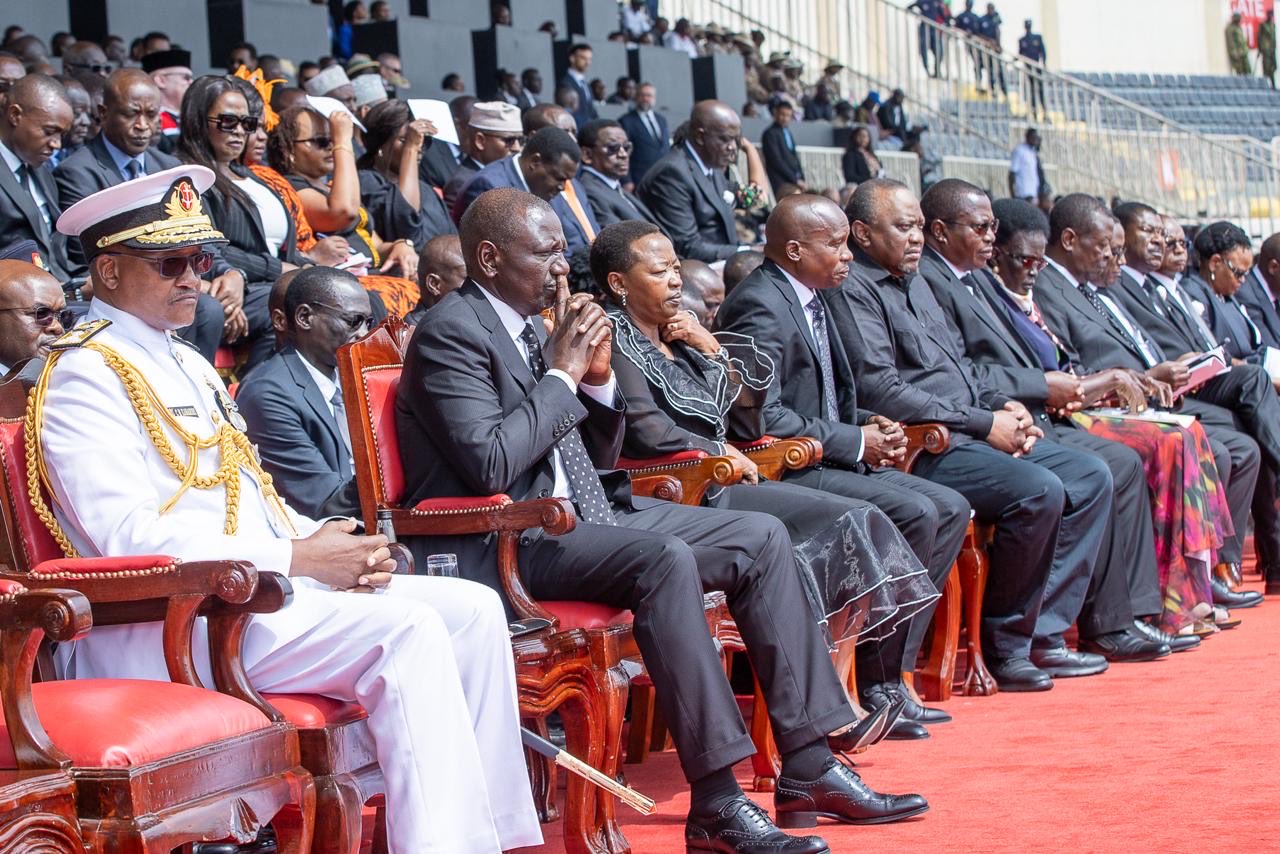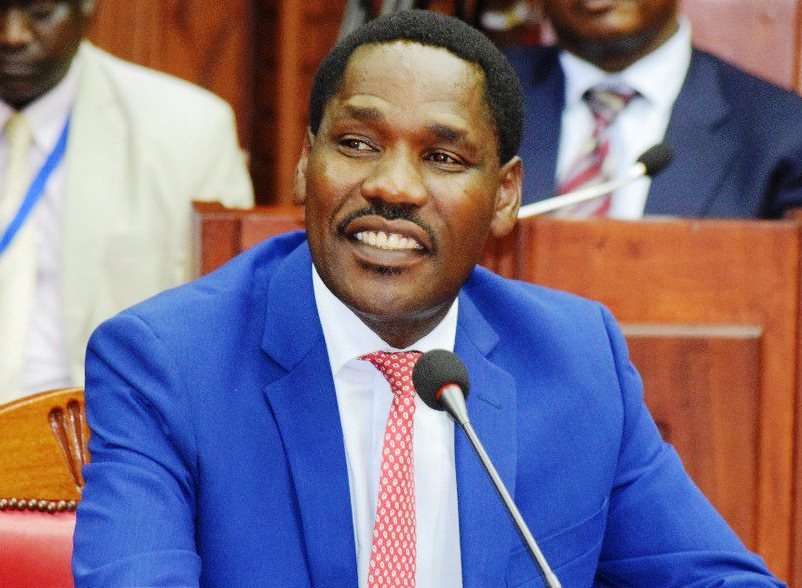By TWV Reporter
The recent signing into law of the Computer Misuse and Cybercrimes (Amendment) Act, 2024, has stirred widespread indignation among digital content creators, a section of opposition leaders, and ordinary Kenyans. While proponents argue that the legislation strengthens Kenya’s cyber governance framework, detractors warn that it risks undermining freedom of expression and expanding executive overreach.
Observers note that President William Ruto appeared to take advantage of the solemn national atmosphere surrounding the State Funeral of former Prime Minister Raila Odinga to quietly assent to the controversial Bill. The timing of the signing has fuelled public anger, with critics accusing the government of exploiting a period of mourning to enact a measure viewed as restrictive and punitive.
Parliament passed the Bill in early October 2025. The new law introduces sweeping changes, including broader definitions of unlawful access, stricter penalties for cyber offences, and a contentious provision empowering the National Computer and Cybercrimes Coordination Committee to block websites or online applications without prior court approval.
Opposition leaders, led by former Vice-President Kalonzo Musyoka, have vowed to challenge the Act, describing it as “a blatant assault on Kenya’s democratic space.” Senior ODM officials have echoed similar concerns, warning that the law contravenes constitutional safeguards guaranteeing freedom of speech and access to information.
Human rights organisations, including the Kenya ICT Action Network, had earlier urged the government to reconsider doing away with the controversial law, cautioning that certain clauses could pave the way for arbitrary censorship. They argue that the law’s vague language and enhanced state powers could be misused to target journalists, bloggers, and political dissenters.
Government spokesperson Isaac Mwura, however, maintains that the law is designed to combat rising cases of SIM-swap fraud, phishing, cyberbullying, and digital identity theft. They insist that Kenya must modernise its cyber regulations to keep pace with global threats in the digital economy.
As the Act takes effect, rights groups, media practitioners, and civil society organisations are closely monitoring its implementation. Many fear that, unless applied with transparency and restraint, the law could become a powerful tool for silencing criticism rather than protecting citizens from cybercrime.





